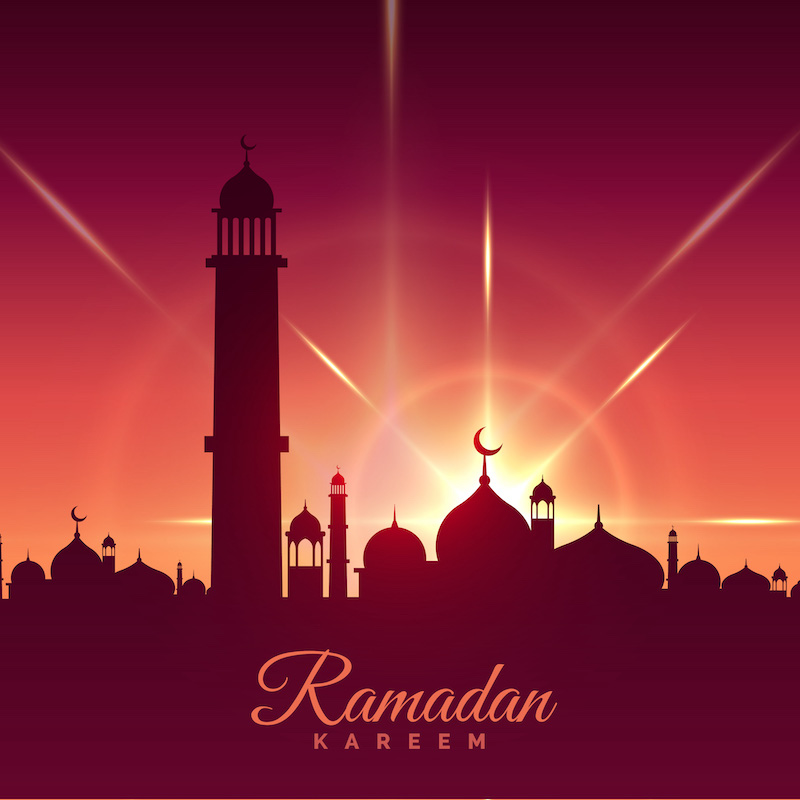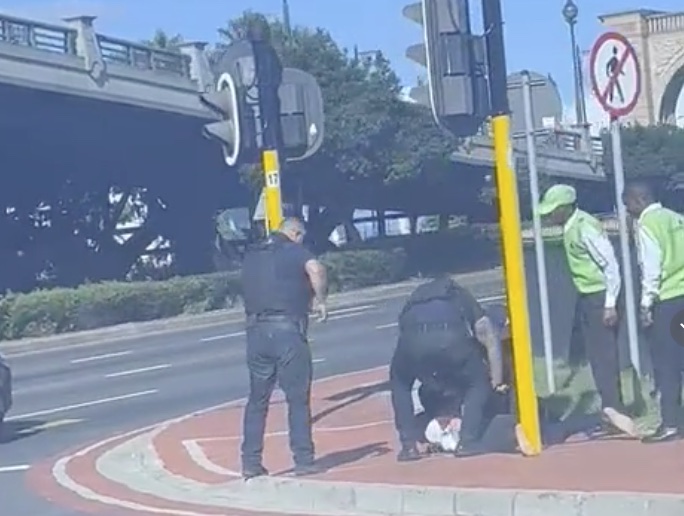It’s that time of year again when Mother City comes alive with the vibrant spirit of Ramadan. Cape Town is known for its diverse community, and the essence of the holy month is something that every Capetonian should experience. So, whether you’re a Muslim or non-Muslim, here’s a beginner’s guide to understanding the basics of Ramadan.
When Does Ramadan Start and End?
Ramadan is the ninth month of the Islamic calendar. It is the holiest month. When the new crescent Moon may be seen, it lasts 29 or 30 days. Muslims use the Lunar Calendar, which has 12 months with 354 or 355 days each. Because of this, Ramadan starts ten to twelve days earlier every year on the Gregorian calendar.
How is the Moon Sighted?
On the evening of the 29th day of each Islamic calendar month, a group of dedicated individuals known as the “Crescent Observers Society” (maankykers) set out to locate the new crescent Moon. A decision is reached after nationwide consultation among maankykers, and it is announced on Voice of the Cape (VOC) and Radio 786, two local Islamic radio stations. This proclamation marks the first day of the new lunar month, which in this case is Ramadan. A 30th day will be added to the current month if the Moon is not seen by the end of the 29th.
Ramadan in a Nutshell
During Ramadan, all practicing Muslims fast from sunrise until the athan (call to prayer) is heard, approximately 13 hours. Suhoor, also spelled source, is the name for the morning meal, while iftaar, also spelled boeka, is the name for the evening meal.
Every night during Ramadan, after the obligatory five daily prayers, Muslims gather in mosques for a special prayer called Taraweeh.
Who Fasts and Who Doesn’t?
Fasting during the holy month of Ramadan is a fundamental tenet of Islam. Fasting is obligatory for all Muslims over the age of puberty. Women who cannot fast due to pregnancy, breastfeeding, or menstruation are not considered to violate the fast. Still, they’ll have to catch up on their missed fasting days before the next Ramadan begins. So say “Ramadan Kareem” or “Ramadaan Mubarak” to Muslims to wish them well during this auspicious month.
Why Do Muslims Fast?
There is so much more to Ramadan than just fasting. It’s a chance to get in touch with oneself, heal, and grow closer to Allah. It’s like hitting the reset button on your mind, heart, and soul. During Ramadan, Muslims make a concerted effort to draw closer to Allah by avoiding activities that lead to sin, such as listening to music, watching television, lying, and gossiping.
Eid Celebrations
The end of Ramadan is marked by Eid al-Fitr, also known as the “festival of the breaking of the fast.” The event kicks off with an out-of-door prayer service for the whole congregation. Then, after getting dolled up, visiting loved ones, exchanging gifts, and feasting with family, the day ends with pretty full stomachs.
During the month of Dhul-Hijjah, Muslims perform the pilgrimage (Hajj) to Mecca, one of Islam’s Five Pillars, and celebrate the festival of Eid al-Adha. In addition, Muslims slaughter sheep during the Eid festival to remember Allah’s grace in preventing the Prophet Ibrahim (Abraham) from sacrificing his son.
Final Thoughts
While Muslims worldwide celebrate Ramadan, nowhere does it compare to Cape Town. During Ramadan, the city comes alive with celebration, and its residents feel a warm sense of community. Boeka brings people of all backgrounds and relationships together to pray, give, and improve themselves to serve their communities and the world better. So, whether you fast or not, take advantage of Cape Town’s Ramadan celebrations.








